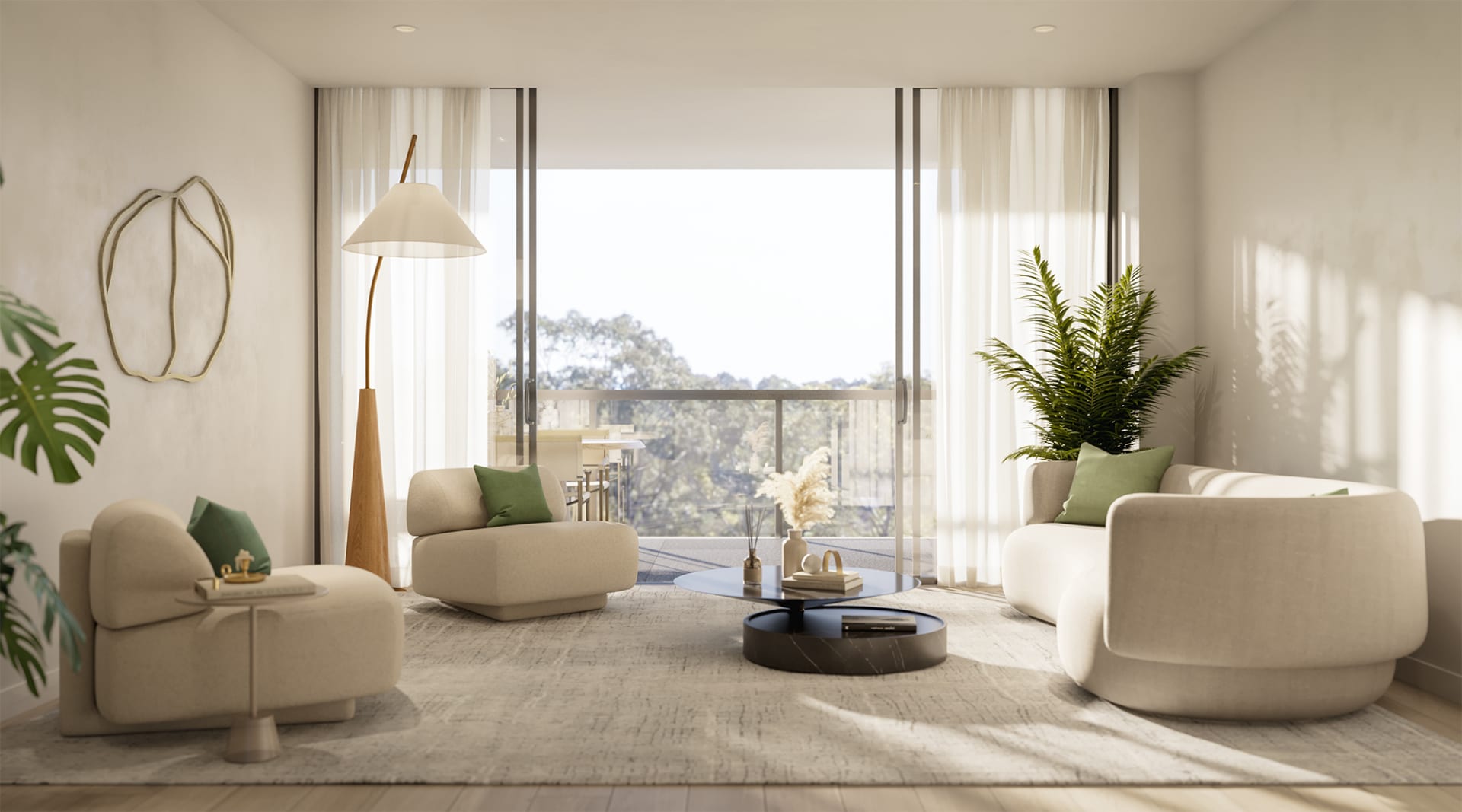What is Latent Defects Insurance and is it bringing confidence to the off the plan apartment market?

Latent Defects Insurance (LDI), is changing the game for off the plan apartment buyers in Australia.
This insurance product provides off-the-plan apartment buyers with a 10-year warranty on their new apartment and the building it's situated in. The cover is purchased by the property developer/builder (pre-construction) and is designed to protect owners against any immediate or future problems with the structural components of their new property, from leaks to cracks and everything in between.
Some of Sydney’s biggest and most respected developers have embraced the new insurance. The likes of Deicorp, Kanebridge, Abadeen, Coronation Property and Urban Property Group have rolled out the insurance across some, if not all of the projects they’re currently undertaking.
Sydney-based Resilience Insurance, the first insurer to launch LDI in Australia, is now taking the product national, and is having conversations with developers in Melbourne, Brisbane, the Gold Coast and Perth.
How does Latent Defects Insurance work?
Resilience Insurance CEO Corey Nugent says the insurance, which has been around for about seven decades across the globe, benefits both the purchaser and the developer.
“Ultimately what we’re trying to do is build better buildings the consumers can have trust in, but more importantly improve the post completion and settlement process, so that when buyers take possession, they have full insurance protection, from day one, for 10 years” Nugent says.
“The insurance protects the buyer from any structural defects in the building, and developers who have taken Resilience LDI have reported an uptick in both sales volumes and sale values compared to competing developments that don’t have Resilience LDI.”
While giving confidence to the consumer at the end of the build, Resilience LDI is actually in place throughout the build process. Rather than it solely being used as a rectification product, the insurance kicks in to fix issues when they arise, rather than down the track following completion. Of course the insurance protects owners at that stage too, however the ideal scenario is any problems that come up during the building get fixed well before settlement.
Resilience has a string of expert partners who are onsite even before construction has started to ensure even the ground the development is being built on is structurally sound.
What does LDI mean for off the plan apartment buyers?
A survey undertaken by MatterFact, Urban.com.au’s data product, shows the biggest thing holding back prospective purchasers from buying an off the plan apartment is the trust and faith they have in the developer, followed closely by the concern the build won’t be of good quality. It was a common consensus on the survey conducted from state to state, where delivery was much more of an issue raised compared to budgets, approvals or price of the apartment.
The Villas, Neutral Bay
“LDI is about to change the game in the off the plan apartment market,” Urban.com.au CEO Mike Bird says, adding that the insurance will be a huge boost to helping solve Australia’s housing crisis.
“With the large imbalance of supply and demand in Australia, there has to be a move to off the plan apartments, but to get there, consumers need to be more confident in delivery.
“Unfortunately the industry has been tarnished by a small number of developers who haven’t acted on behalf of the consumer in the last five years or so. Developers who have Resilience LDI are telling consumers that they’re in a partnership with them, and they will deliver the quality that they promised. If they don’t, then the insurance protects the purchaser, without all the trials and tribulations of litigations and long, drawn out court cases which often cost thousands of dollars as well as significant upheaval whether it be mental or physical.
How does Latent Defects Insurance impact the developer?
Data collected by MatterFact also showed 60 per cent of off the plan apartment seekers would pay over 1.5 per cent of the apartment price for it to have LDI cover, which typically outweighs how much it costs a developer to purchase Resilience LDI.
Nugent says there have been instances already where developers have reported prices with a four to five per cent increase due to them having LDI, compared to similar projects in the same area.
While there’s been a handful of progressive new tools to try and build confidence in the off the plan industry, such as the iCIRT-rating system and KMPG’s Building Trustworthy Indicator, no one has gone as far as Resilience LDI in terms of actual protection for an off the plan apartment buyer.
NSW Building Commissioner David Chandler recently lauded the introduction of LDI, suggesting it will improve the design and construction of apartment buildings in NSW.
“These reforms have come about due to the united commitment of government and industry to transform the NSW construction sector,” Chandler said.
“NSW is now in the position of being a national leader in offering an insurance product of this type for Class 2 buildings because of the three years of conscious effort and commitment by Government and industry to the journey we have been on under Construct NSW.
“We’re looking to clean up the market and bring an end to expensive litigation against developers who have deep pockets or subsequently vanish into thin air.”
To find out more about Resilience LDI, click here.

